13 Untranslatable European Words

European Languages has its fair share of untranslatable words
Do you remember our 15 European Language Facts article? Fact #7 was the Georgian untranslatable word; shemomedjamo.
Here are 13 words from different European languages that just like shemomedjamo can’t be translated into English.
1. Utepils (Norwegian)
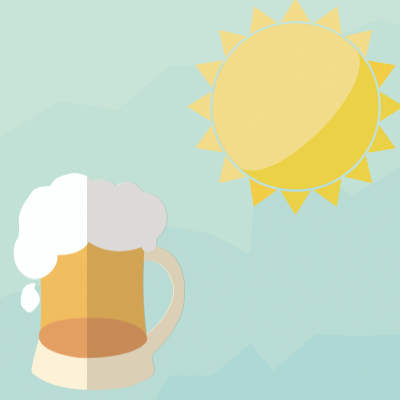
Who doesn’t like to drink a beer outside? Norwegians love this activity so much that they have a special name for this kind of beer: utepils (pronounced “OOH-ta-pilz”). It literally translates to ‘outdoor lager’ but is actually the action of sitting outside on a warm and sunny day and drinking a cold beer.
2. Abbiocco (Italian)

We all know the feeling of sleepiness you get after a big meal. Thanks to Italians now we have a word to describe it: abbiocco (pronounced “ab-byok-ko”). It is the sleepy feeling you get, particularly after drinking or eating a lot.
3. Vybafnout (Czech)

We love the idea of the word vybafnout, it means “to jump out and say BOO”!
4. Desenrascanço (Portuguese)

Are you that person who seems to always be able to get themselves out of sticky situations? Portuguese people use the word desenrascanço when referring to being able to solve a situation without having the knowledge or tools to do so. It roughly translates to ‘ disentanglement’.
5. Kaelling (Danish)

If you’re familiar with the ‘Karen’ meme, you might argue that there is, infact, an English translation to this word – and a specific type of haircut might come to mind. According to the Danes, kaelling is a woman that curses at her children at the supermarket, restaurant or park. If kaelling is anything like Karen, she’s already asking for the manager!
6. Fernweh (German)

We believe Fernweh should be adopted by all those languages that don’t have a word to describe a “crave for travel that makes you feel homesick for a place you have never been to”.
7. Friolero (Spanish)
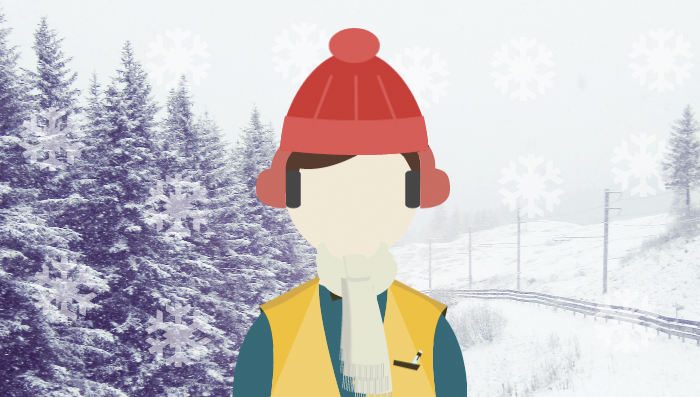
In Spanish there’s a special word to describe those who are sensitive to cold temperatures and weather: friolero.
8. Gökotta (Swedish)
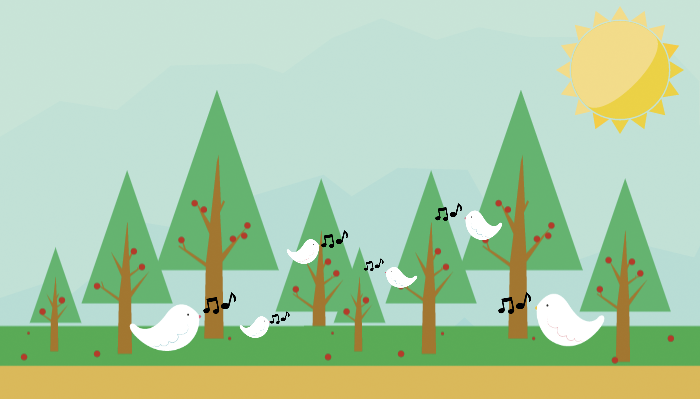
Gökotta (pronounced zyohh-koh-tah) is perhaps the most poetic of these untranslatable European words. It could be translated as “to wake up early in the morning with the purpose of going outside to hear the first birds sing”.
9. Lieko (Finnish)
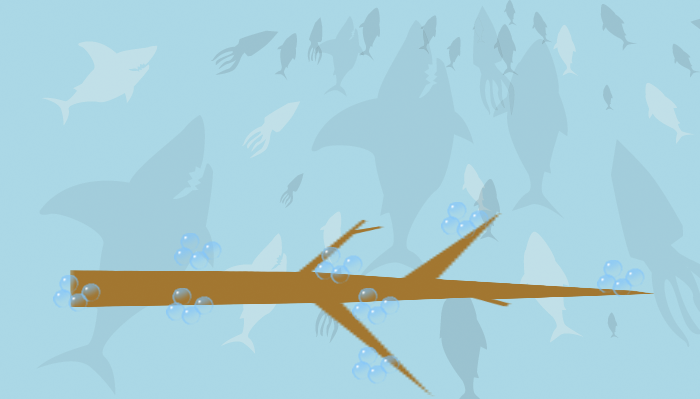
Lieko is a Finnish word used to describe a tree trunk which is so full of water that it has sunk to the bottom of a lake – something I’m sure is quite specific to Finland.
10. Zeg (Georgian)
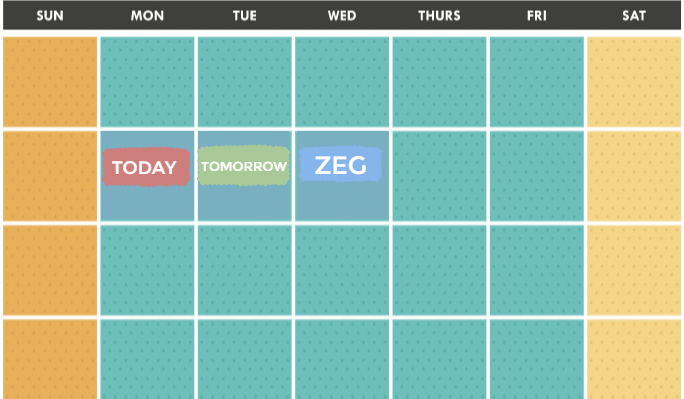
Georgians have figured out a simple word that is extremely needed in English, why say “the day after tomorrow” when you can just use zeg?
11. Tartle (Scottish)
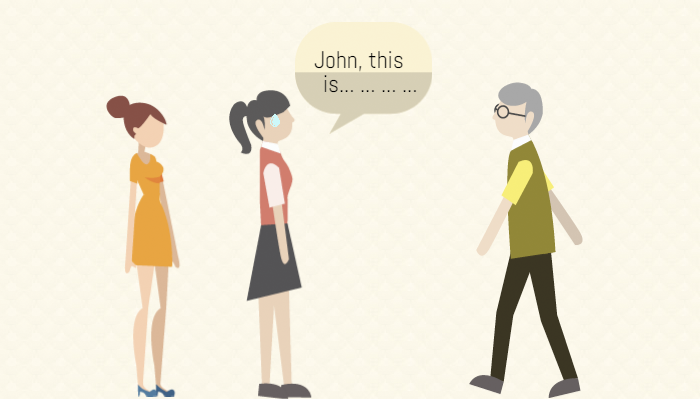
To tartle is to hesitate when having to introduce someone whose name you’ve forgotten.
12. Pochemuchka (Russian)

How would you call someone that asks too many questions? Russian has the perfect word: pochemuchka. Since ‘Pochemu’ means ‘why’ it is understandable that children are so often described as pochemuchka.
13. Madarlatta (Hungarian)

Hungarian’s use the word madarlatta to talk about the food that you’ve taken to a picnic, trip, hike etc. but returns home untouched.
Have you got anymore weird untranslatable european words? Let us know in the comments below!
Credit to InVideo.
If you found this post interesting, why not check out our post on the 24 Weirdest European Idiomatic Expressions.







6 Comments
Zeg (Georgian) = overmorgen (Dutch)
Friolero (Spanish) = koukleum (Dutch)
Abbiocco (Italian = Morriña(Spanish)
Friolero (Spanish) = frileux (French)
Zeg (Georgian) = après-demain (French)
We do have a word in English for #6…wanderlust.
Friolero (Spanish) = freddoloso (Italian)
Zeg (Georgian) = dopodomani (Italian)